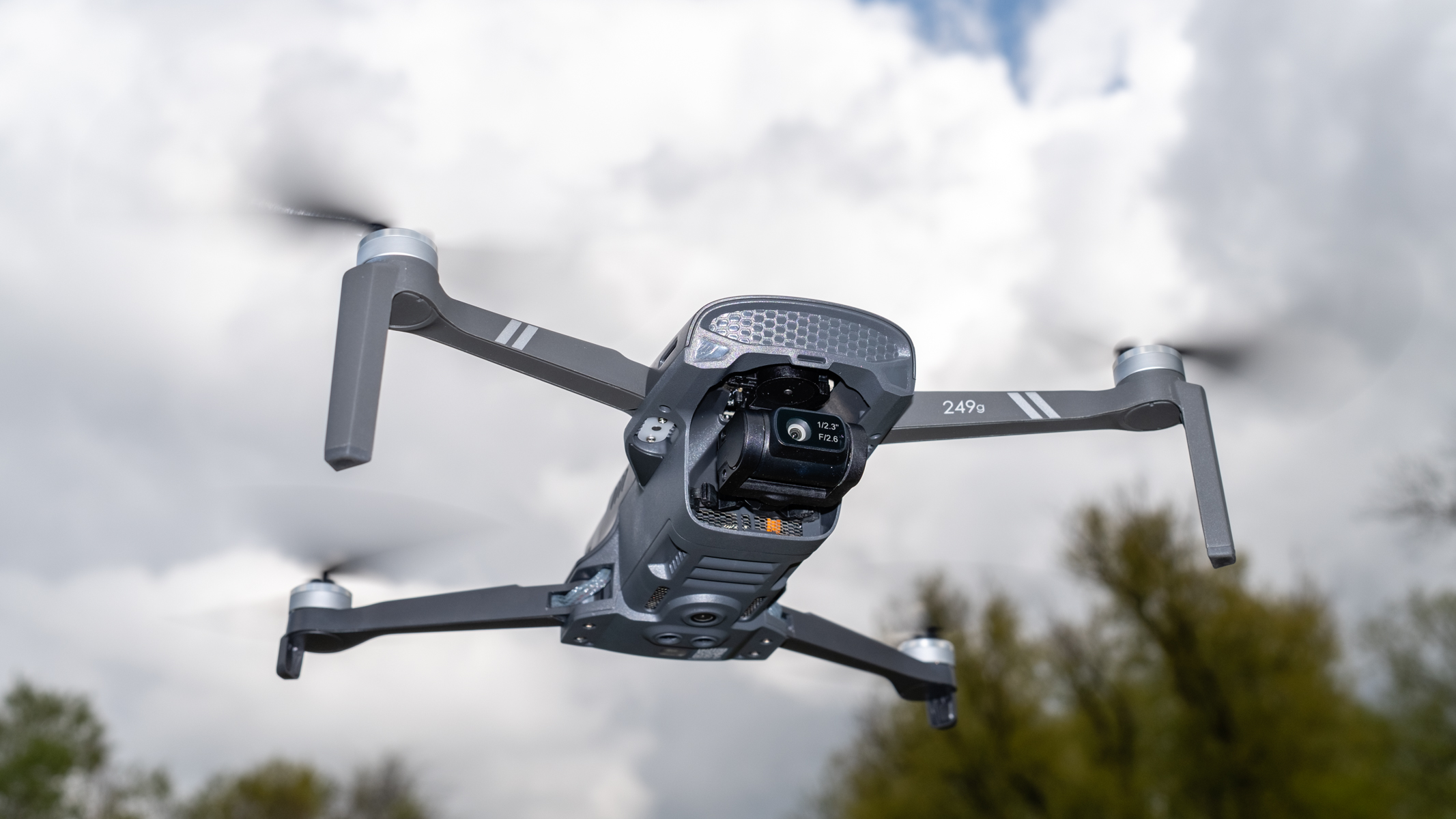
Saying that drones are constantly improving has become something of a cliché, not least because this is part of the natural progression of any type of popular device. But for Holy Stone, the release of the Holy Stone Sirius HS900 marks a significant improvement in flight performance, image quality and features.
The Holy Stone Sirius HS900 is a sub-250g model, so it sits within the most popular and, indeed, competitive drone category. This puts it up against the likes of the best drone available here, including the DJI Mini 4 Pro, but as a mid-range option, its direct competitors are more realistically the Potensic Atom, Autel EVO Nano+ and the DJI Mini 3.
Up until now, Holy Stone has been well respected at the beginner end of the drone market. Known for producing cost-effective drones that fly reasonably well, but with cameras that ultimately let the overall package down. It’s fair to say, however, that the HS900 bucks this trend with a pretty decent fixed focus camera for capturing sharp 4K 30fps video and photos up to 48MP.
The drone also packs in features not available with its direct competitors, giving it a unique appeal and the ability to compete with confidence in the swelling sub-250g category. I’ve flown and reviewed most of the Holy Stone drones available and can say that the HS900 is the best model by far, in every way, that Holy Stone has ever produced. Not to mention, it comes in at a reasonable price making it a compelling option for beginner and intermediate pilots.
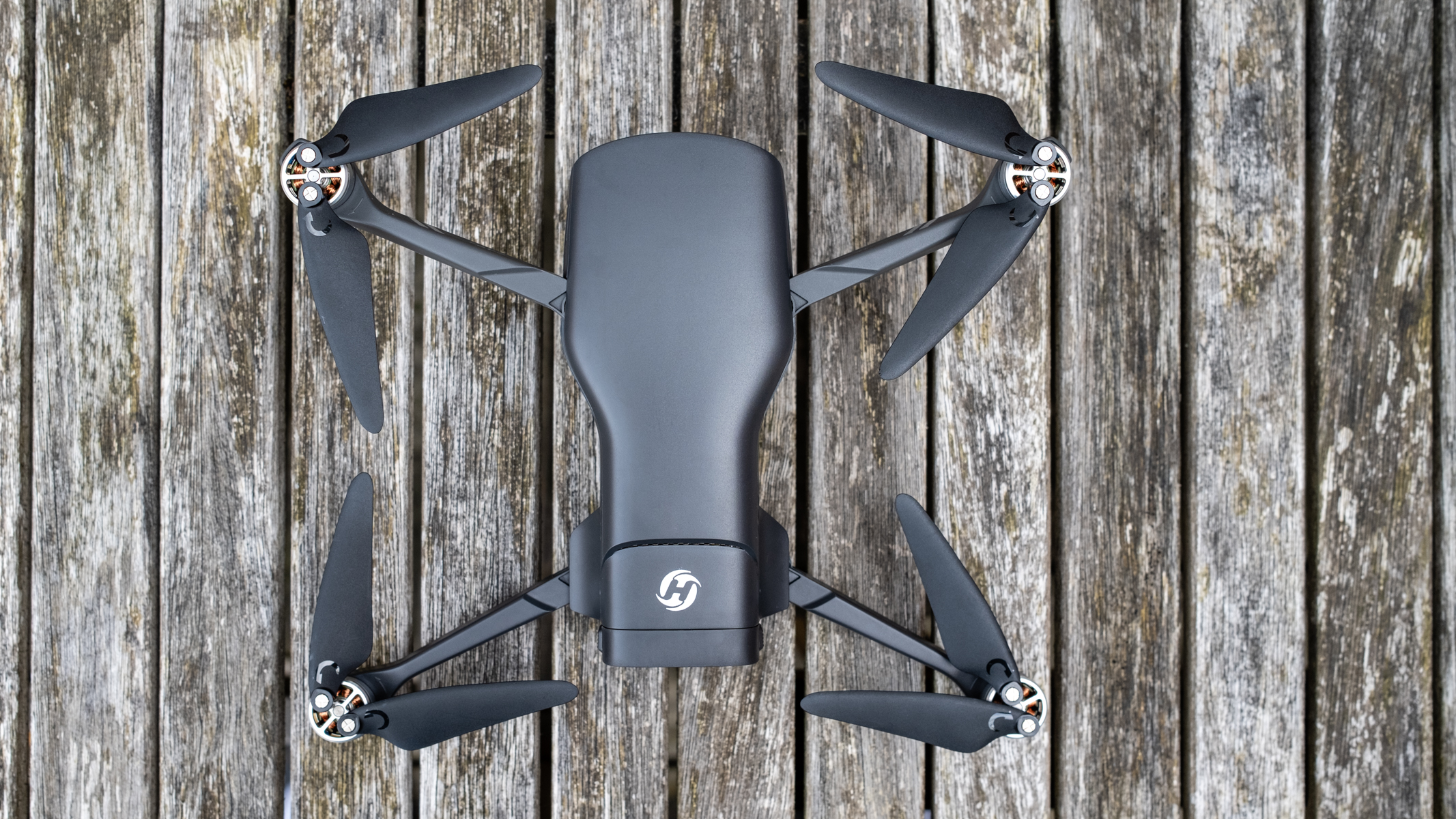
Holy Stone HS900: Specifications
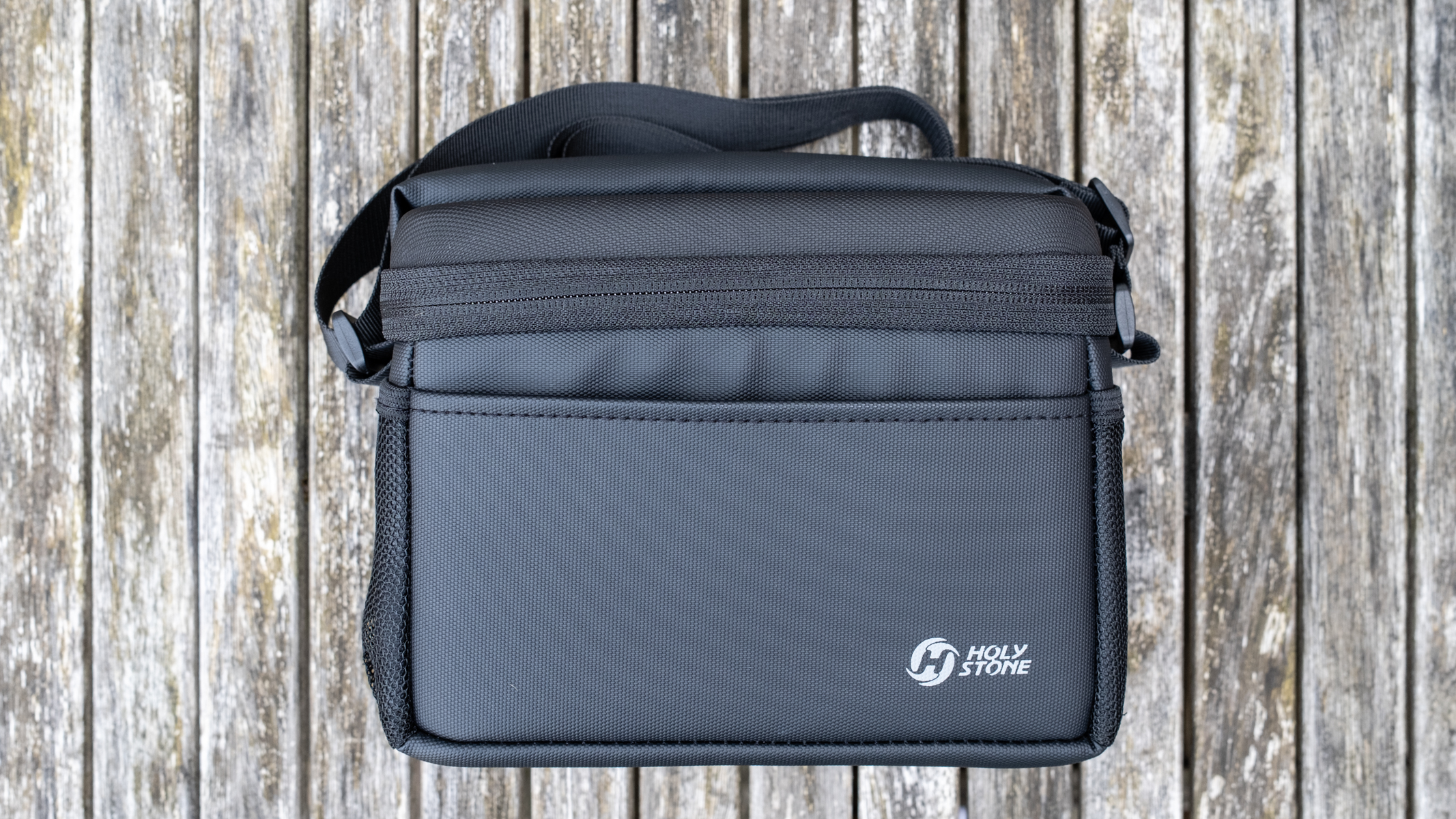
Holy Stone HS900: Price and availability
The HS900 was released in May 2024 and is currently only available in the US on Amazon. Although it will be released in the UK and other regions shortly. The cost of the single battery kit is $330 and this includes the HS900 drone, a controller, one smart battery, phone connection cables, a USB-C charging cable, a set of spare propellers, spare screws, a screwdriver and a carry bag.
At the time of writing, this price converts to £263 so UK pilots can get a rough idea of the cost of the HS900, but official pricing is yet to be announced. The Holy Stone website also suggests flight time increases with dual and triple batteries, so this suggests that kits with additional batteries are on the way.
In terms of pricing, this makes the HS900 $30 more expensive than the Potensic Atom, but still reasonably priced considering the performance, image quality and features available. And like most new releases, the price will likely reduce slightly over time. Using the code PX3NXJEI on Amazon US will provide a 20% discount making it less expensive.
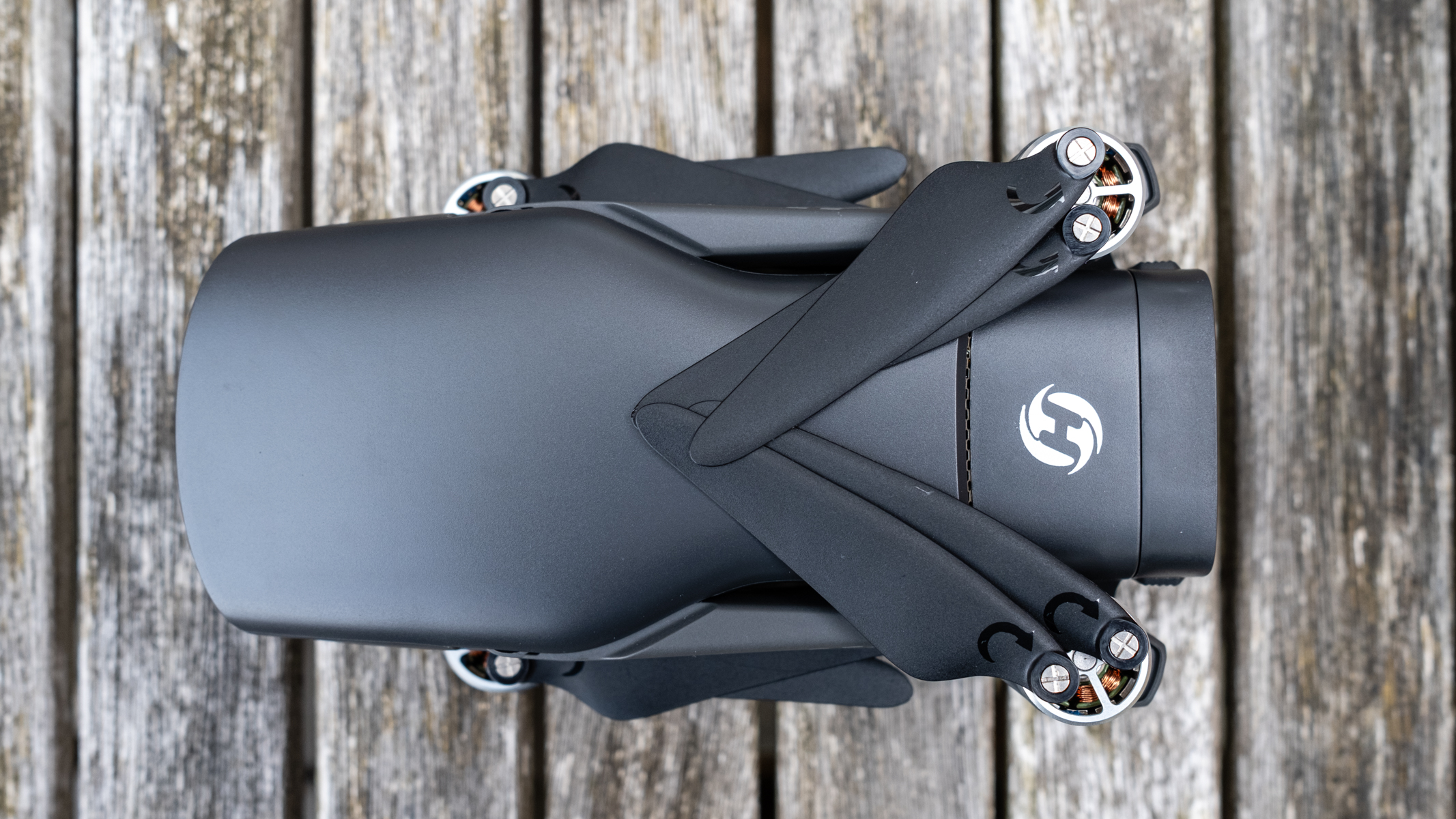
Holy Stone HS900: Build & handling
The HS900 looks and feels like any other mid-range sub-250g drone with its folding design, but it sports a dark grey airframe rather than the popular light grey. This obviously makes no difference to performance, and this lightweight and regulator-friendly drone weighs 249g / 8.7oz with a folded size of 5.63x3.26x2.44in / 143×82.8×62mm and unfolded dimensions of 6.59x8.57x2.44in / 167.4x217.8x62mm.
This is pretty much standard fare, as is the build quality of the drone, which can’t be faulted. With the airframe being made of plastic there is an inherent flimsiness, but all drones of this type are made of lightweight plastic and feel less solid than higher-end mid-size models such as the DJI Mavic 3.
The HS900 P2 remote offers a simplistic design but has all of the direct access controls you need for controlling the drone and camera, including a small joystick for adjusting camera settings without having to use the app. Plus, there’s a customisable Fn button that can be assigned with two actions via a single or double press.
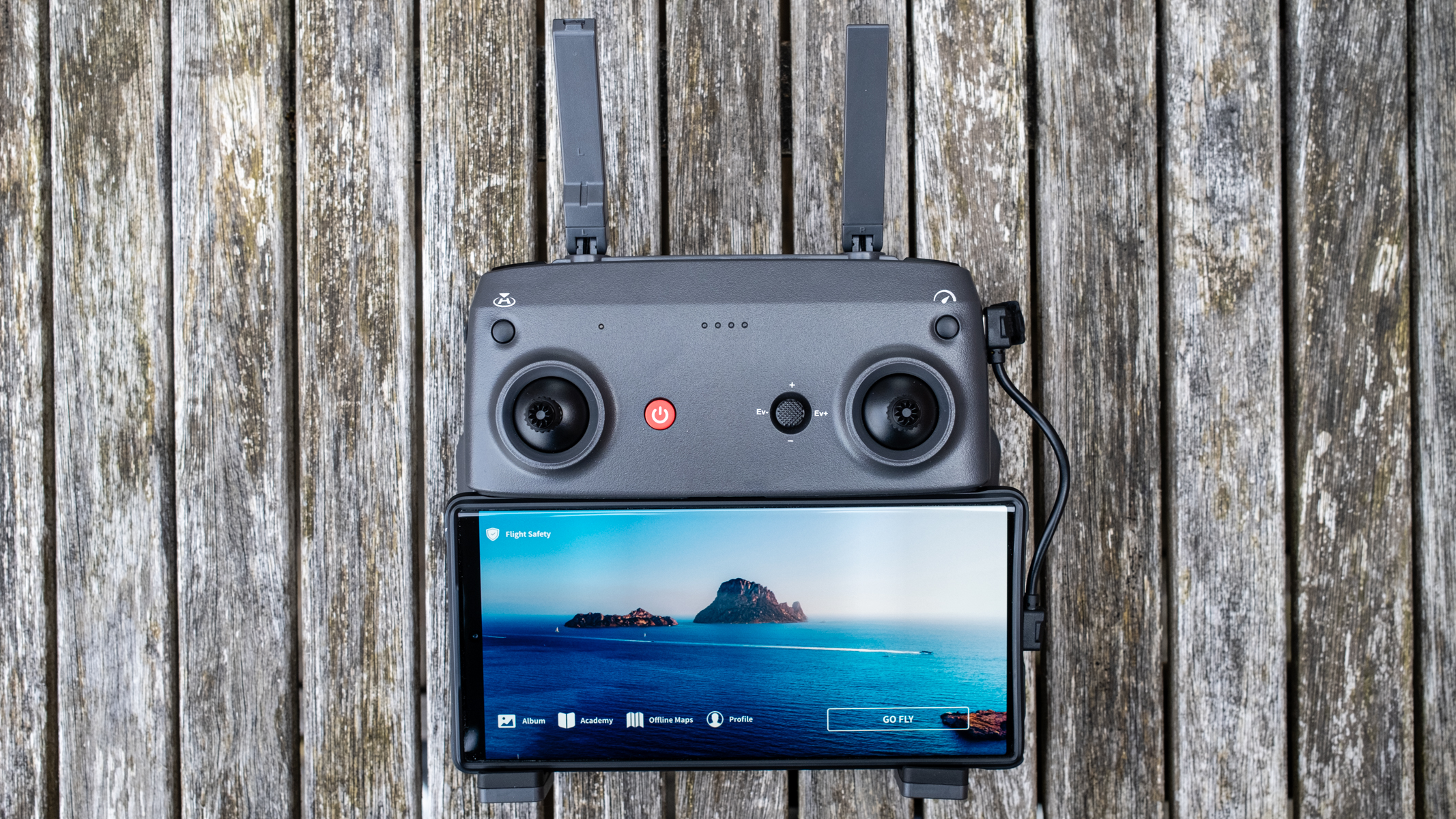
The control sticks stow away at the bottom of the controller when not in use, which is handy, and the bottom-mounted phone holder arms that fold out feel a little flimsy, but they securely hold smartphones of all sizes. And with no end mounts, it’s incredibly easy to plug the phone cable in for communication between the drone, controller and app.
The HS Sirius app is easy to use once you’ve set up an account, offering an intuitive interface to access all of the features and camera settings available. This includes Auto or Manual control of the camera, which is great for more advanced users who prefer to take control of exposure.
You do have to create and activate an account through the app, but this only takes a few minutes when you first use the drone. There will also likely be some firmware updates, and when these were delivered and installed to the review drone, they only took roughly five minutes to download and install.
Holy Stone HS900: Drone Performance
When it comes to flight and controls, the HS900 works well overall thanks to smooth controls and a positive gimbal tilt that provide the ability to capture smooth and interesting video. The three-axis gimbal also provides mechanical Image Stabilisation alongside Electronic Image Stabilisation (EIS), which work together effectively.
The HS900 hovers well thanks to GPS positioning with very little drift, although it does drift slightly more when capturing time-lapse video at higher altitudes. GPS also allows for Return to Home functionality, which is always useful and can be initiated manually by the pilot, or automatically when the battery reaches 20% and when connection with the controller is lost.
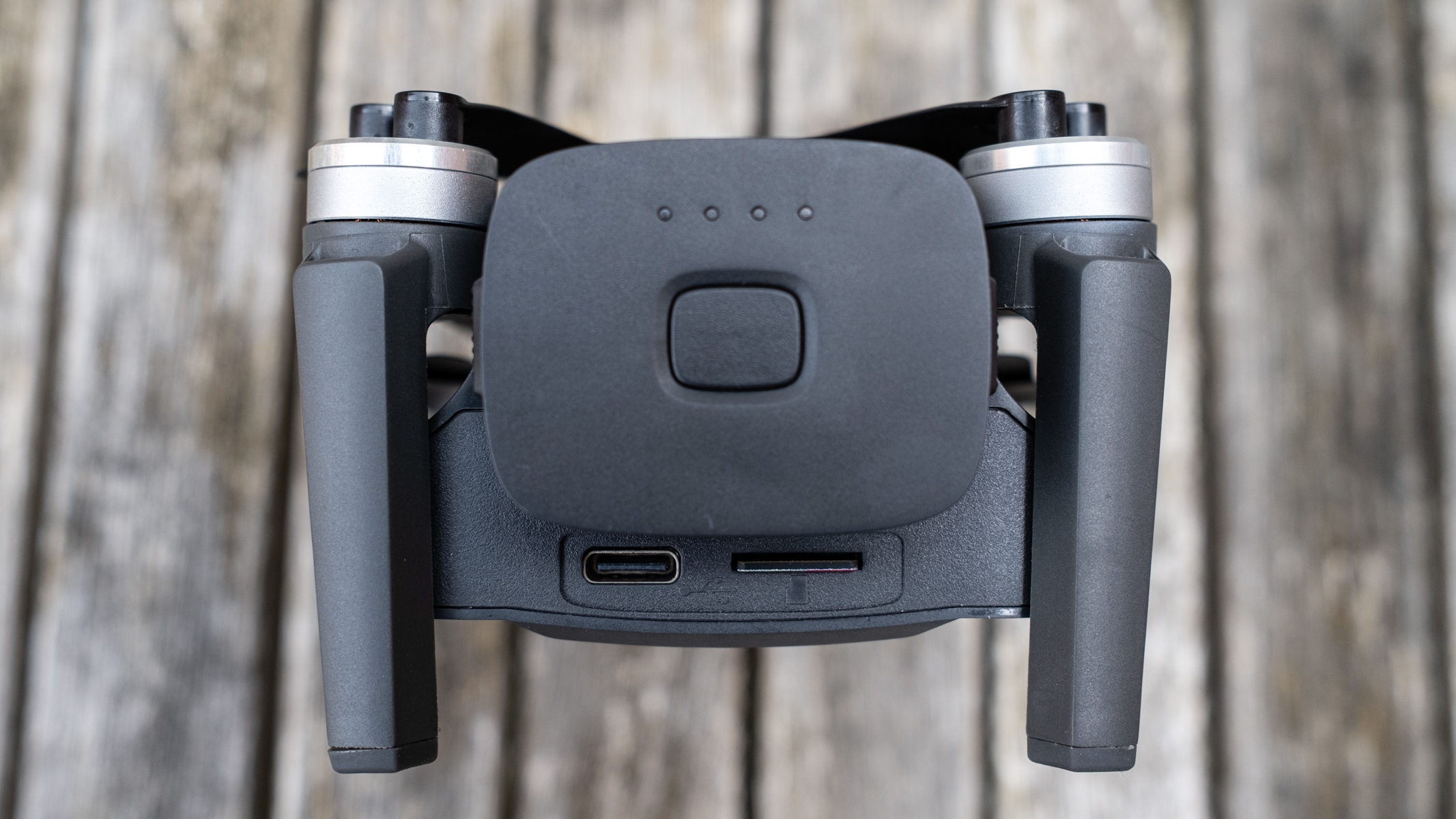
There are three main flight modes for different situations with Stable offering a top speed of 11mph, Normal 22mph and Sport 31mph. Automated flight patterns include Point of Interest, Spiral up, Tap Fly (waypoints), Gesture Selfie, One-key Ascension and Catapult.
There’s also Cruise Control and a time-lapse feature which is easy to use and combines shots taken at selected intervals to a selected duration into a video file. There’s no obstacle avoidance, which is always a useful feature, but none of the HS900’s direct competitors offer this feature.
Then there’s subject tracking, which involves drawing a box over the desired subject for the drone to follow. This works reasonably well and is impressive for a drone of this level and cost, but it does sometimes lose the subject so it’s not perfect. Still, better to have than not and it does work reasonably well for the most part.
Flight times are advertised at up to 30 minutes, but during testing I was averaging 22 minutes in moderate and gusty winds. The HS900 offers level 5 wind resistance, which equates to a wind speed of 24mph, and when tested in gusts of 22mph, it flew perfectly well with no signs of struggling so this claim appears to be true.
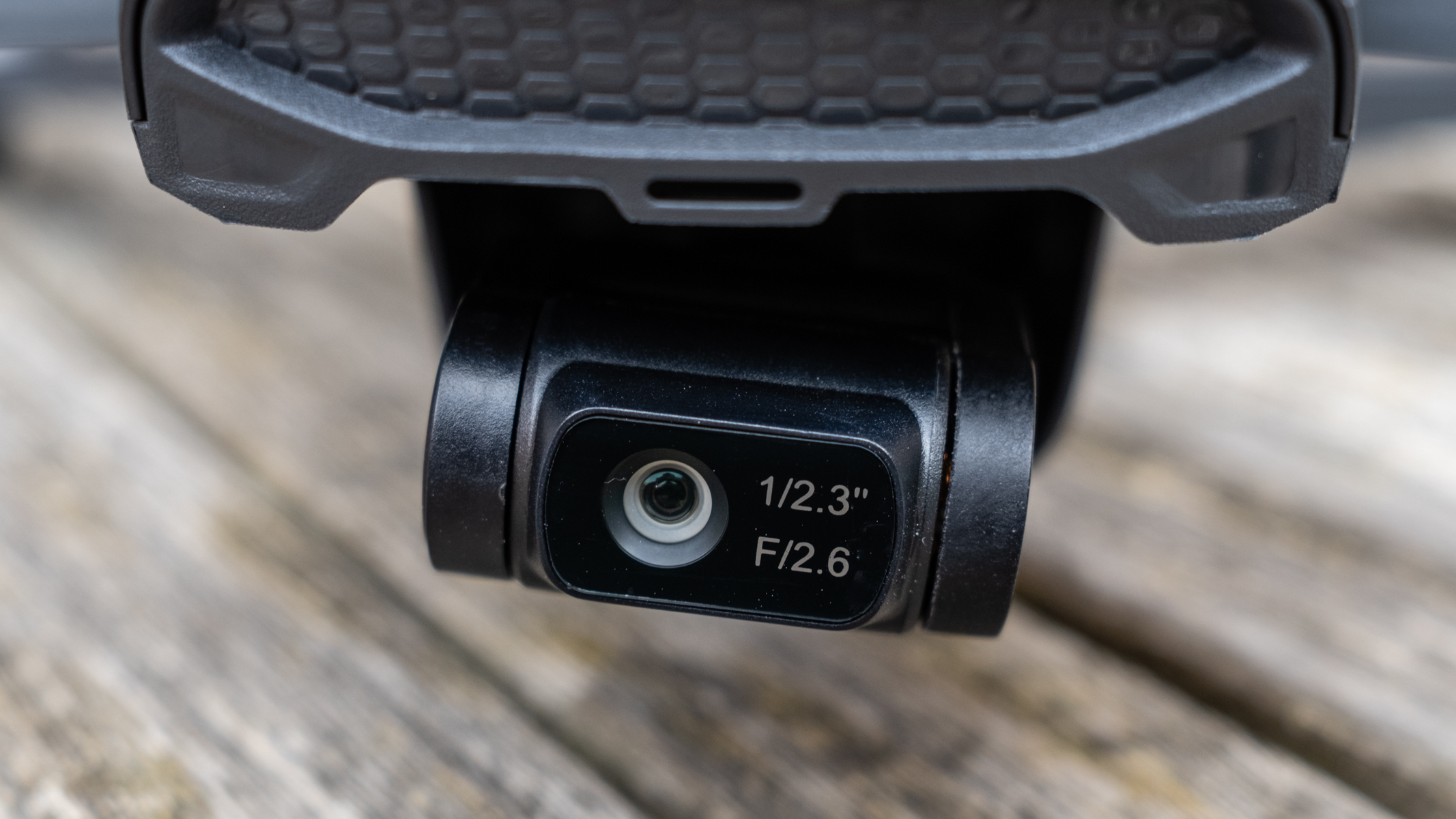
Holy Stone HS900: Camera performance
The HS900 camera features a Sony 1/2.3 in 48MP CMOS sensor with a fixed focus f/2.6 lens that provides sharp images for both photos and videos. Image quality is good overall and is best in brighter conditions like most small drones, but where it does lack is that the white balance presets aren’t perfect so it’s best to shoot in Auto white balance which is much better, but still not perfect.
Photos can be captured in JPEG format in 4K dimensions (3840x 160px) and 48MP with dimensions of 8192x4608px. Raw capture will become available in a future firmware update. Video can be captured in 4K at 30 fps and 1080p at 60 fps so pretty standard here, although faster frame rates would be welcome to capture slow motion video. Video is also captured in a standard profile for straight-out-of-camera use, with no option to shoot in a flat profile for colour grading.
Overall, the camera is very good except for the white balance presets, with automatic exposure and manual exposure available. Hopefully, white balance can be improved with a future firmware update, alongside adding a histogram and Automatic Exposure Bracketing – two extremely useful features that are absent.
Holy Stone HS900: Sample images
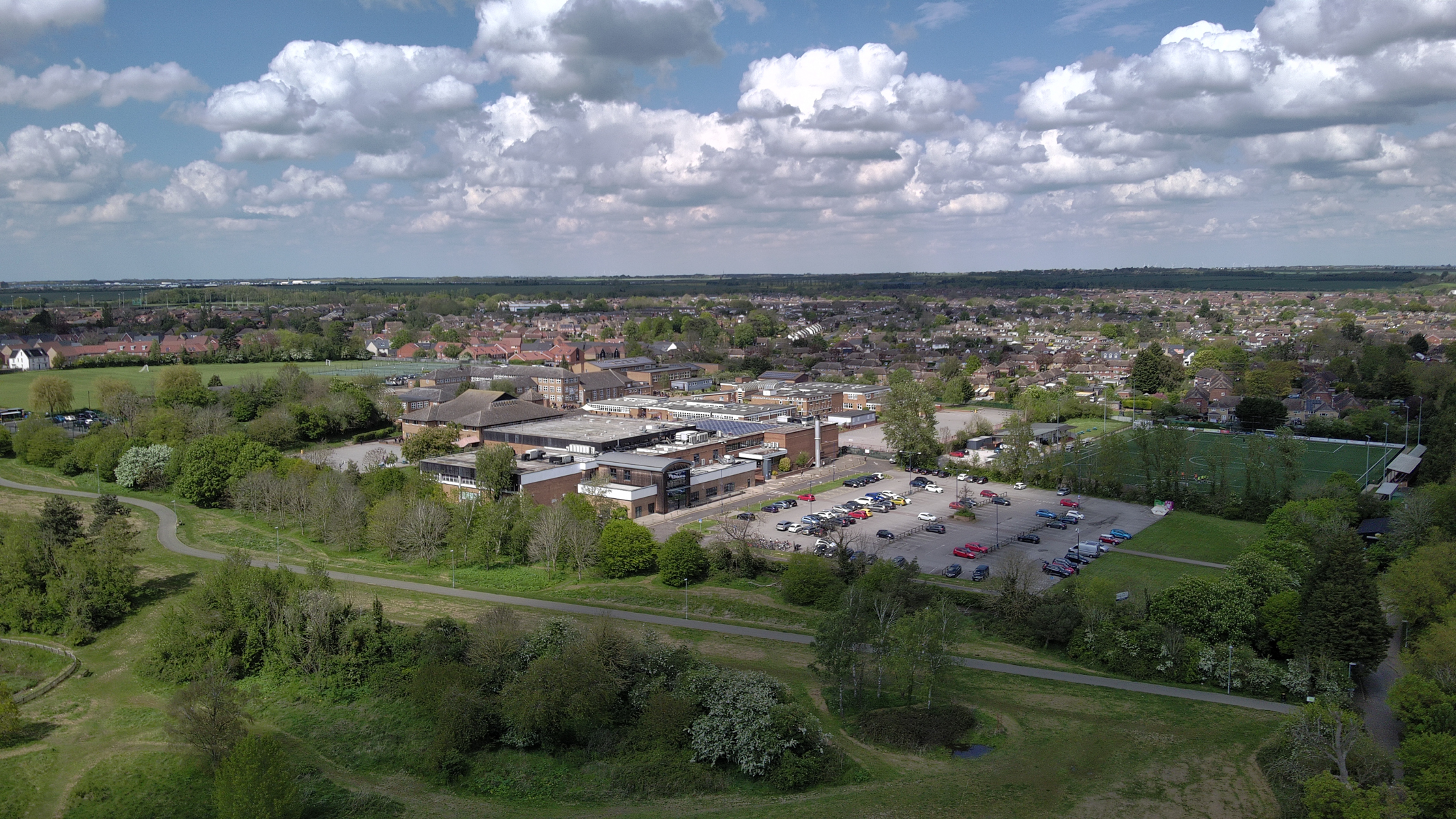
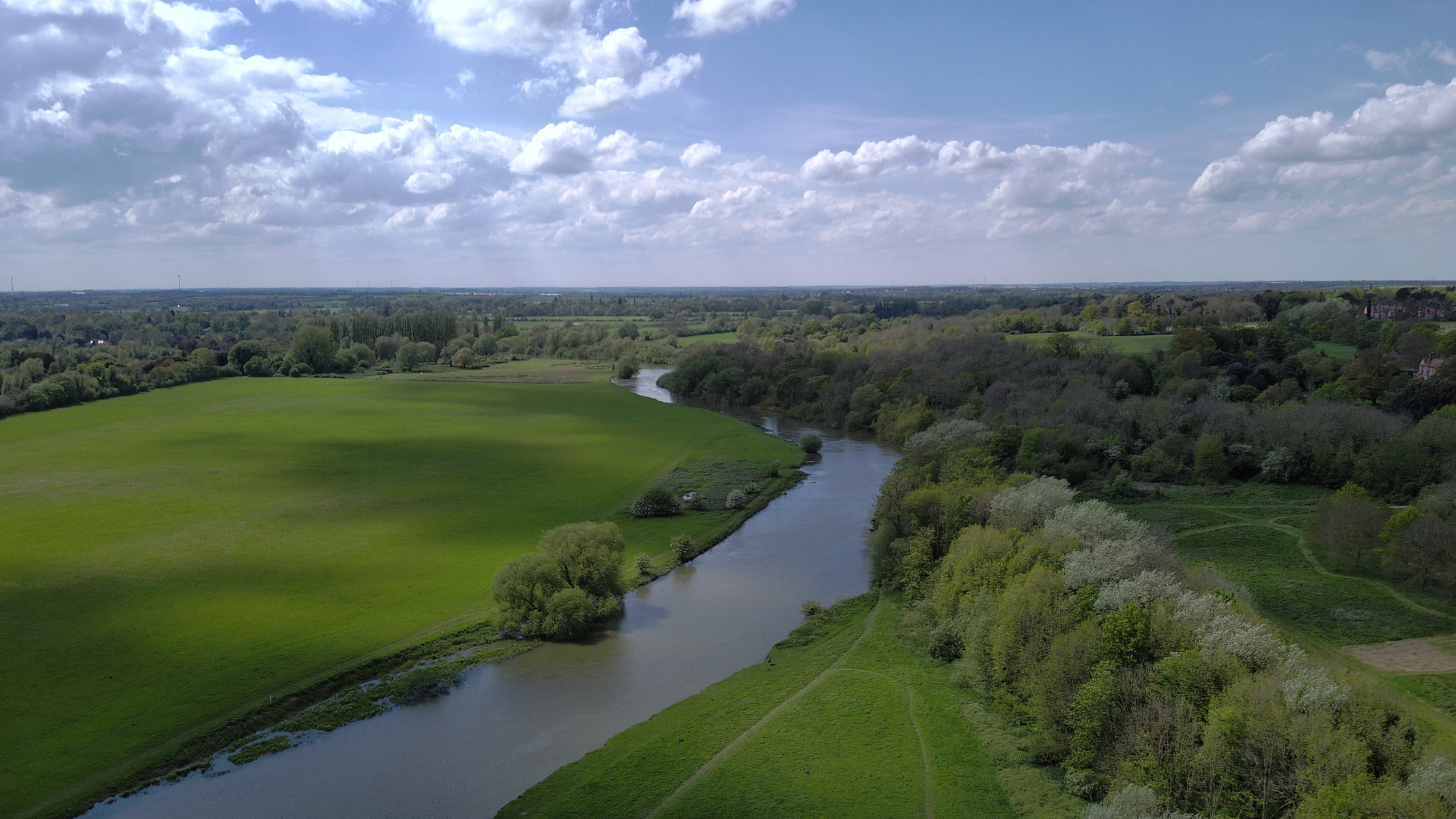
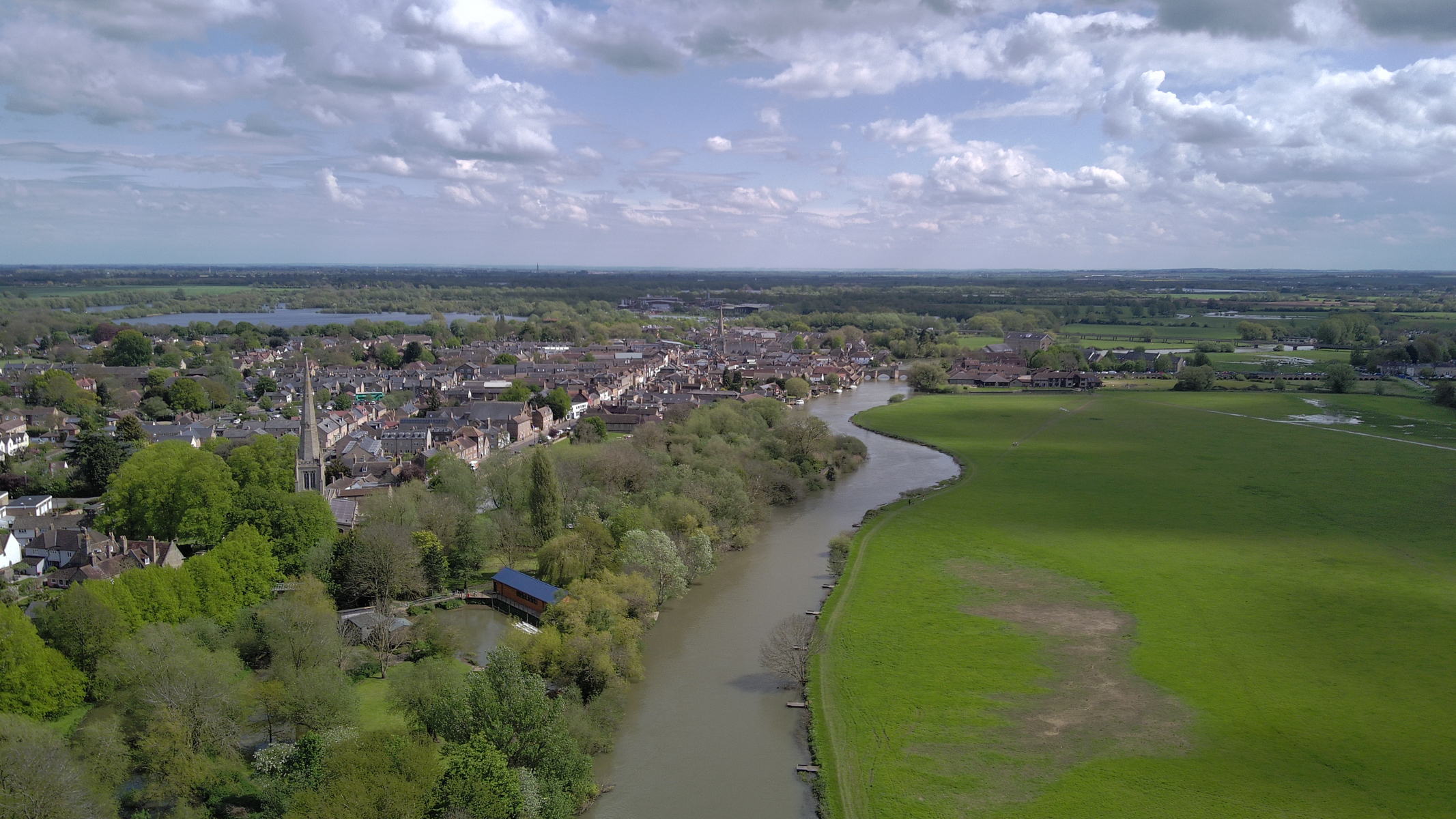

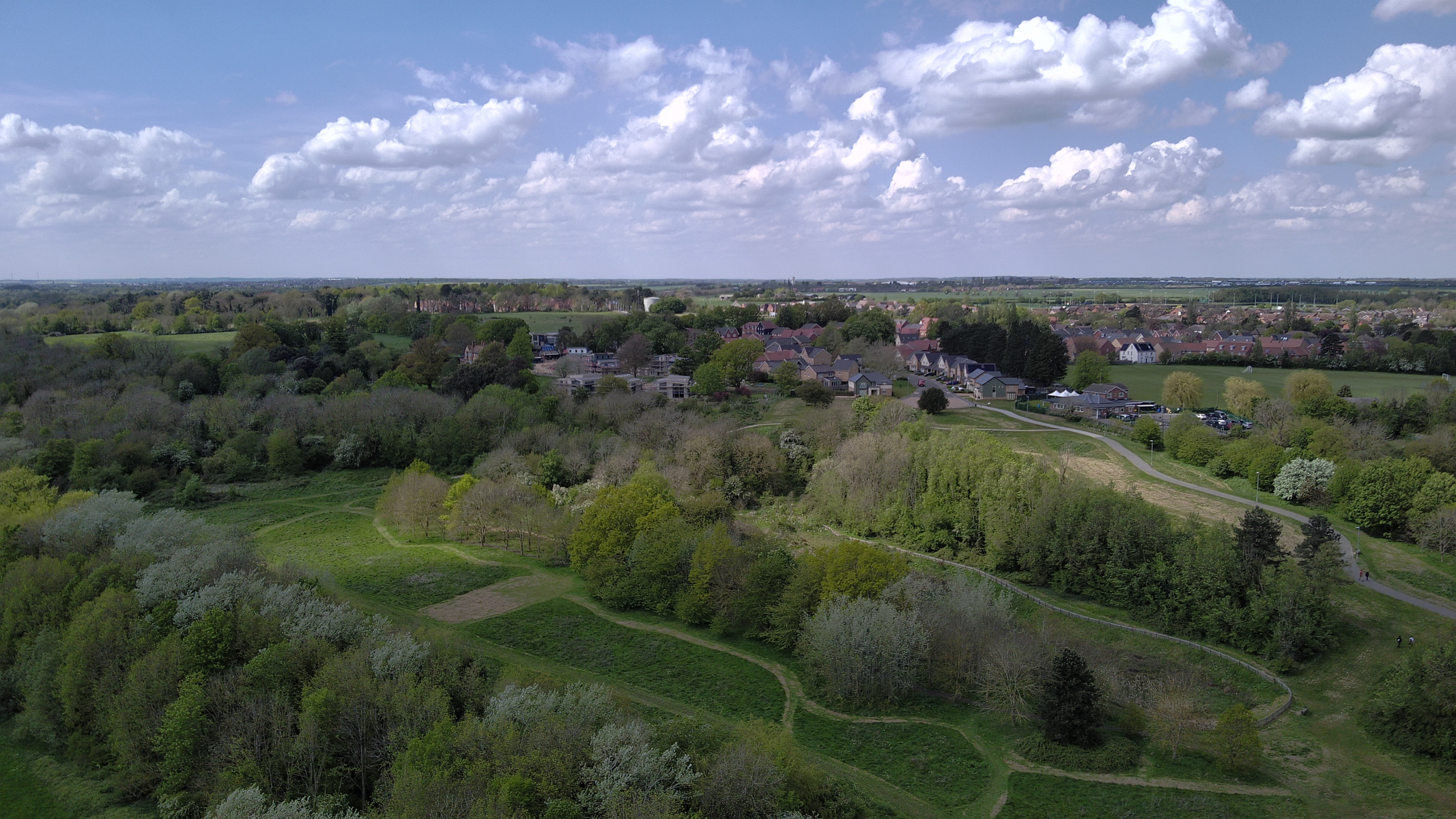

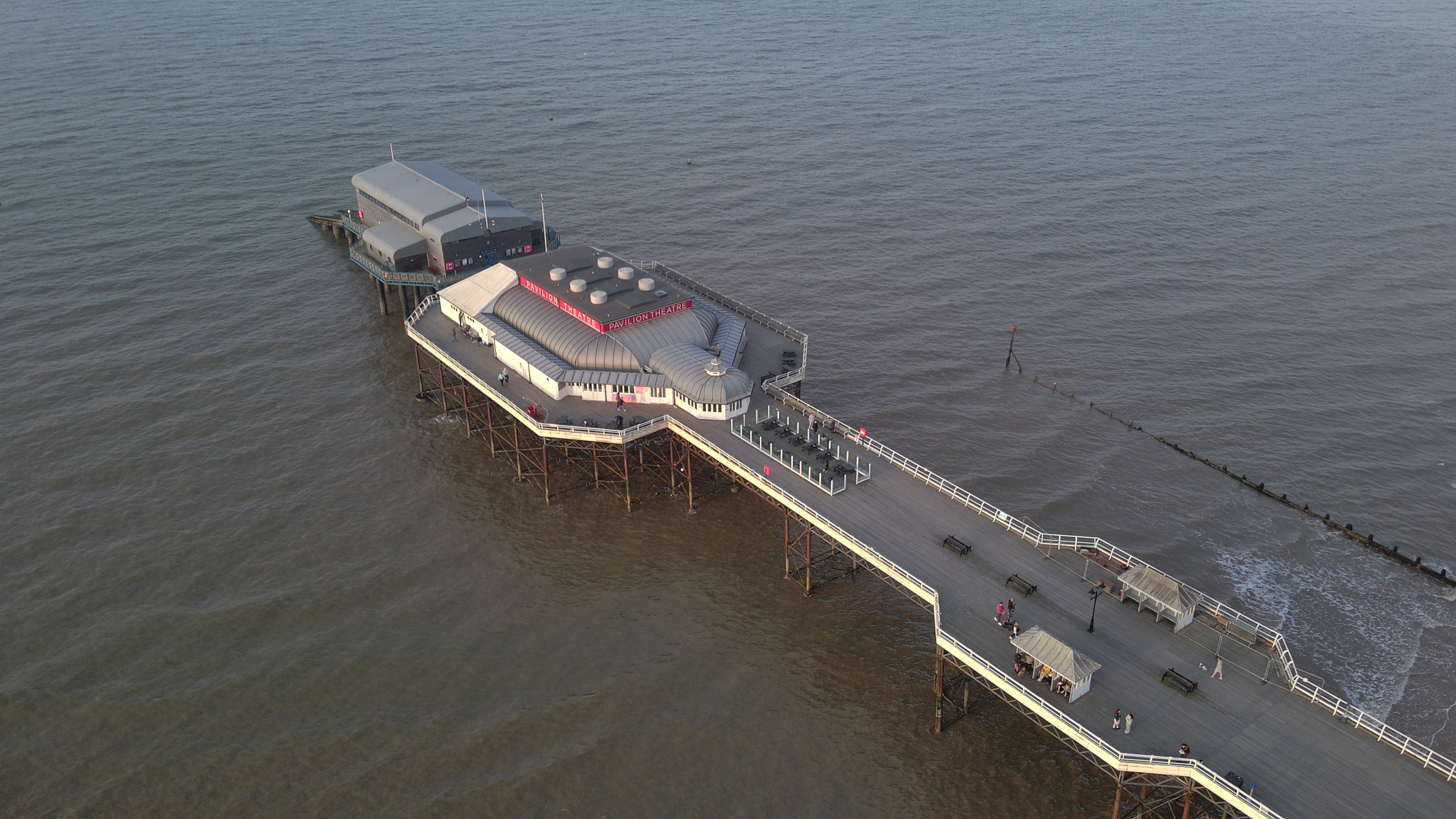

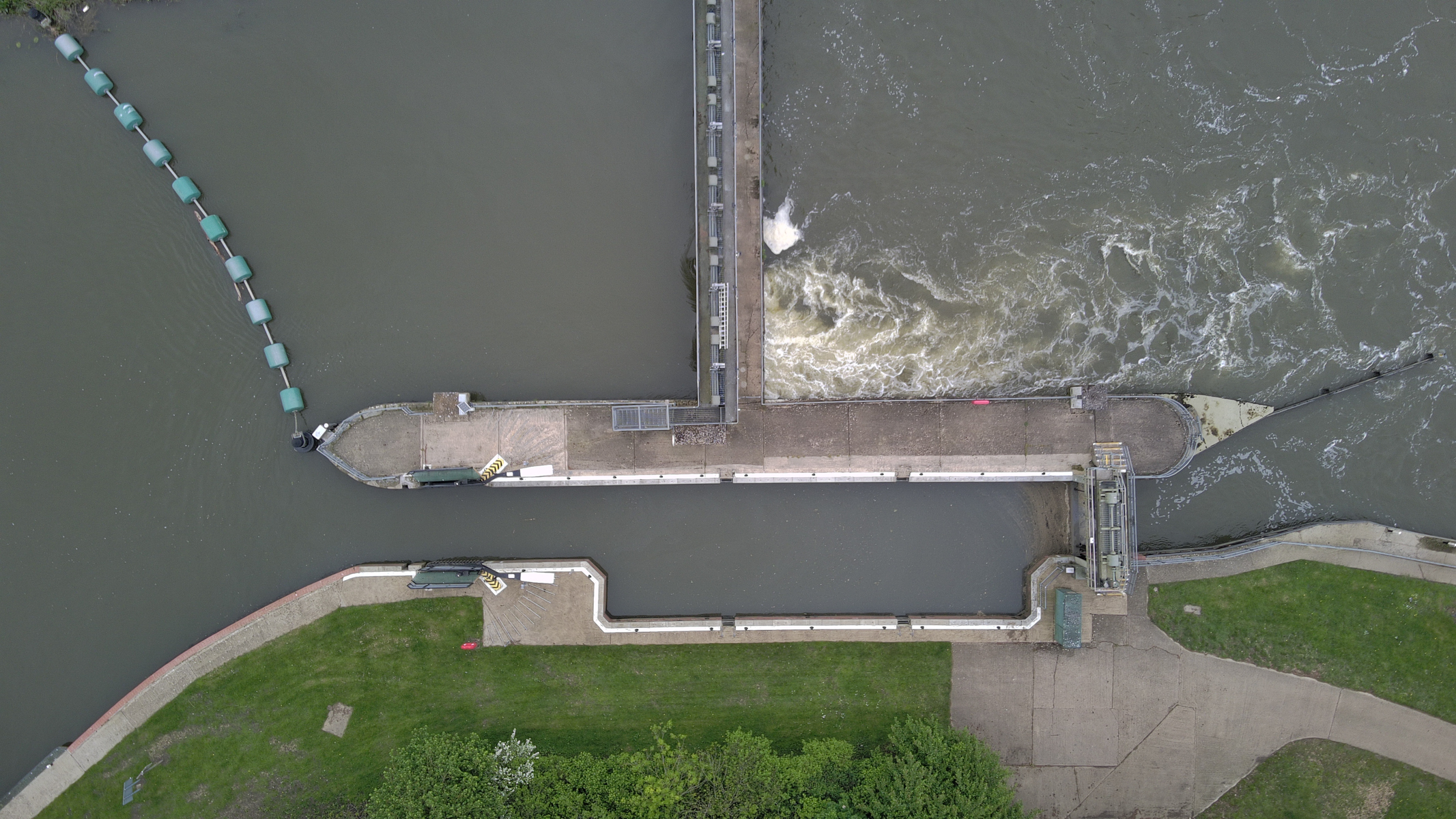
Overall, the camera is very good except for the white balance presets, with automatic exposure and manual exposure available. Hopefully, white balance can be improved with a future firmware update, alongside adding a histogram and Automatic Exposure Bracketing – two extremely useful features that are absent.
Holy Stone HS900: Sample video
Main video sample.
Timelapse video sample.
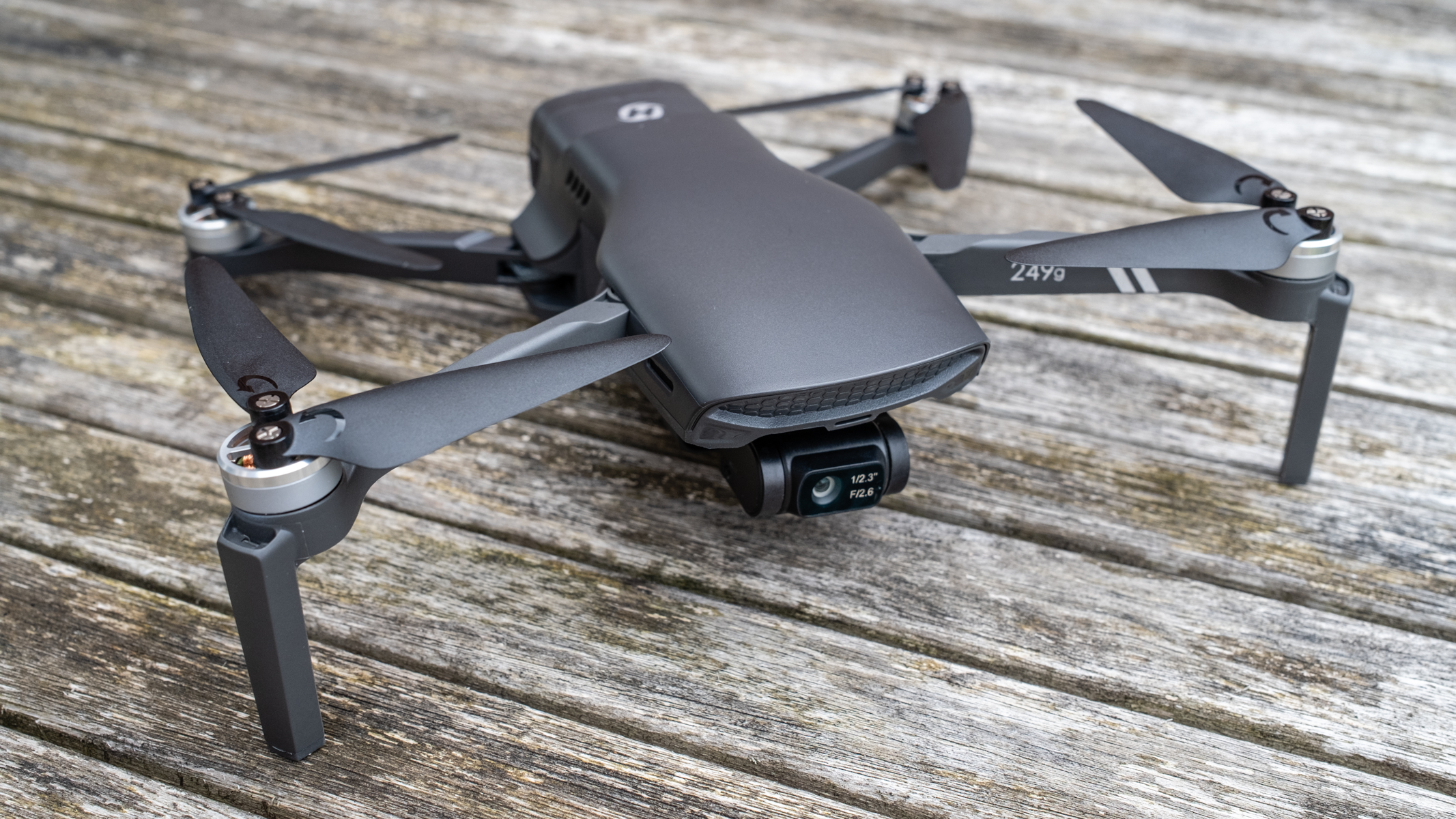
Holy Stone HS900: Overall verdict
The Holy Stone Sirius HS900 is Holy Stone’s best drone to date and shows a huge improvement when compared to previous Holy Stone models. If you’ve ever used one of these, you’ll be blown away by the HS900 alongside its image quality, flight performance and overall features.
It’s fair to say that the drone is a strong contender in the mid-range of the sub-250g category thanks to the above combined with the reasonable price point. Having only one battery is limiting in terms of flight times, so hopefully, kits with additional batteries will become available alongside additional batteries separately.
I have to say that I thoroughly enjoyed using the HS900, and the ability to capture time-lapse video and use cruise control were two of my favourite features alongside manual control of the camera. I did try to combine the two features, but the gimbal position, unfortunately, adjusted every time Cruise Control was initiated when shooting a time-lapse so it didn’t quite work.
The HS900’s camera is very good, but not perfect. However, the small negatives here could easily be remedied in a firmware update. Plus, they’re certainly not deal breakers when you consider the competitive price of the drone and all of the other positives.
✅ Buy this if...
- You’re a beginner looking for a small and lightweight drone that’s perfect for getting to grips with drone controls and flight.
- You’re on a budget but would like a well-featured beginner drone with a respectable camera.
🚫 Don't buy this if...
- You’re an advanced pilot – this is a beginner to intermediate model with features and performance to match.
- You require obstacle avoidance because drones at this price point never include this useful feature.







